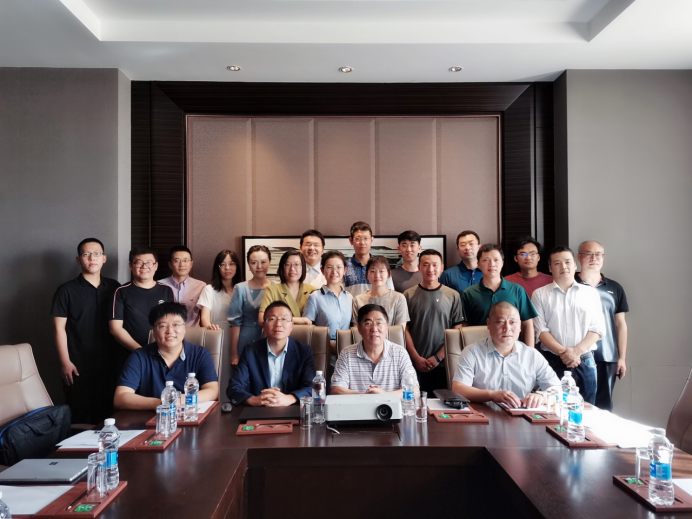The symposium on “Rural Collective Economic Organization Law” was successfully held in Changchun, Jilin Province. It aims at promoting major projects supported by National Social Science Foundation, which are related to rural collective property rights system reform. Over 20 participants attended, including teachers and doctoral students from Jilin University, Yantai University, Harbin University of Science and Technology, Shandong University of Political Science and Law, Liaoning University of Engineering and Technology. The symposium consists two sessions. One session focuses on the discussion on legislation of Rural Collective Economic Organization Law, the other session is about promotion of major projects of National Social Science Foundation. The symposium is presided over by Professor Fang Shaokun, chief expert of major projects.

In the first session, Professor Guan Hongyan from Shandong University of Political Science and Law delivered a report on “Thoughts on the Legislation of Rural Collective Economic Organization Law”. He introduced the legislative background of the Rural Collective Economic Organization Law, and pointed out that subject system, property right system and transaction system related to agriculture are main pillars of land reform in rural areas.
Heated discussion was made regarding Rural Collective Organization Law and the attendees put forward many constructive opinions and suggestions. Professor Wang Hongping from Yantai University holds the idea that researches on nature of rural collective economic organizations should not be limited to the traditional concept of private law. He suggests that characteristics of rural collective economic organizations can be concluded from the comparison between rural communities and urban communities. In the meantime, he advocates the combination of functional departments in rural areas and advises that one organization takes full responsibilities of economic and social issues. Lin Guanghui from Yantai University proposes suggestions on the membership qualification. Associate Professor Cao Xiangjian from Shangdong Agricultural University challenges Prof. Wang Hongping’s idea about combination of functional departments in rural areas. He argues that individual economic organization is able to adopt more effective management mode. Yu Xiao, associate professor from Shandong University of Political Science and Law, thinks that the legislative difficulties of the Rural Collective Economic Organization Law should be analyzed from the perspectives of legislative theory and legislative practice. Jiang Nan from Jilin University considers the enjoyment of membership and the acquisition of membership as separate issues. In addition, related issues on legislation of the rural collective economic organizations, such as the legislative structure, the nature of judicial person, are also under discussion.
In the second session, Prof. Fang Shaokun makes arrangements to promote major projects of National Social Science Foundation. He said that legal study on reform of rural collective property system can not be separated from reform practice and encourages researchers to conduct investigation.